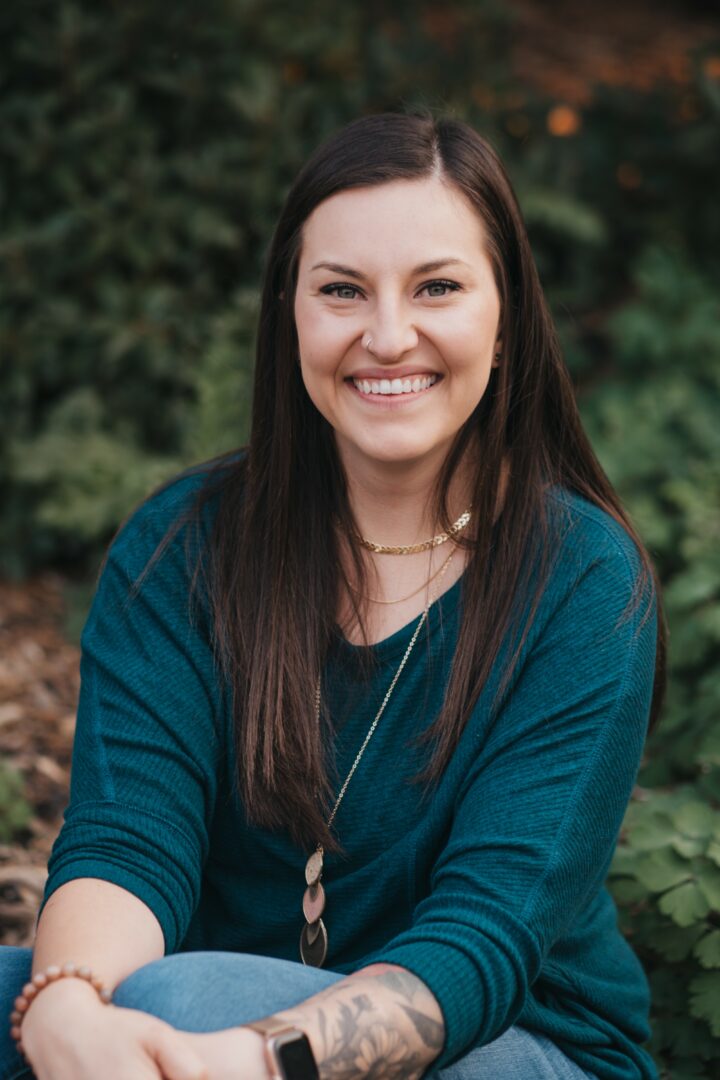We’re excited to introduce you to the always interesting and insightful Bethany Kroesing. We hope you’ll enjoy our conversation with Bethany below.
Hi Bethany, thank you so much for opening up with us about some important, but sometimes personal topics. One that really matters to us is overcoming Imposter Syndrome because we’ve seen how so many people are held back in life because of this and so we’d really appreciate hearing about how you overcame Imposter Syndrome.
For me, overcoming imposter syndrome has been about learning to challenge those fear-based thoughts and look at the actual proof around me that says they’re not true. I am a part of a peer consultation group where we create a confidential space that allows us to get feedback on both clinical topics and business-related questions. Talking through case conceptualizations and the logistics of being a business owner with colleagues helped me see that my clinical judgment is solid and often right on track. I also realized that I was able to offer helpful feedback to others and that they trusted and valued my perspective. All of which reminded me that my skills hold weight and imposter syndrome can take a back seat.
Another big shift came when I really honed in on my specialty areas: trauma, anxiety/OCD, and couples counseling. Once my focus became clearer, I found myself doing more of the work I love, and my clients’ progress spoke for itself. Seeing that growth firsthand helped quiet the self-doubt because I had tangible evidence that what I was doing was working.
I’ve also noticed that newer therapists or therapists considering going into private practice often come to me for feedback or guidance. This fueled my curiosity and led me to take on more supervisory and mentorship roles. Being able to support others in the field has been a full-circle experience. It reinforces that I’ve built something meaningful and that those imposter thoughts don’t reflect reality.
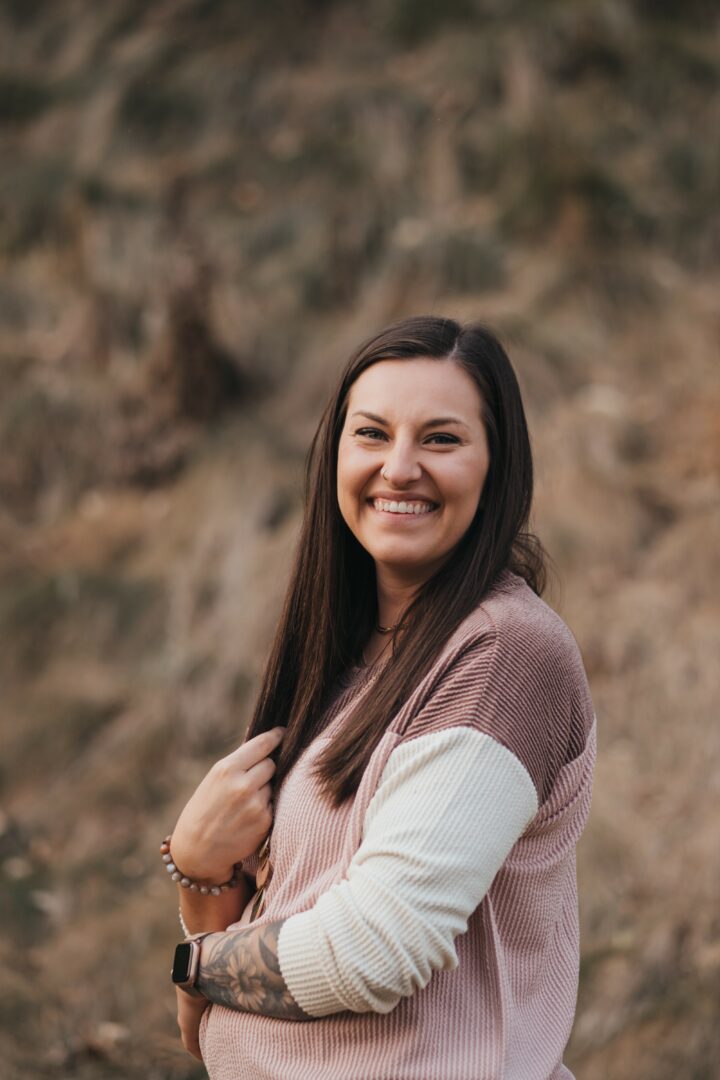
Let’s take a small detour – maybe you can share a bit about yourself before we dive back into some of the other questions we had for you?
I’m the owner and founder of Cedar & Ivy Counseling Services, a private practice that supports individuals and couples in healing, reconnecting, and creating more meaningful relationships with themselves and others. My clinical focus is in trauma recovery, anxiety and OCD treatment, and couples counseling. I love helping clients unlearn survival patterns so they can move toward a sense of calm, confidence, and connection.
What feels especially meaningful about Cedar & Ivy is the balance we bring between compassion and intentionality. Our space is designed to feel deeply safe and grounded, while still encouraging curiosity, growth, and honest reflection. I think the combination of warmth with direction is what helps clients experience real, sustainable change.
From a professional standpoint, I’m really excited about how the practice is growing. Right now, there are three of us on the team, and we’re in the process of expanding so that more people in our community can access quality, specialized care. As we grow, my goal is to broaden our services to reach children, teens, and clients seeking support in areas beyond my current clinical scope. This would ensure that anyone looking for care can find a good fit within our practice.
It’s been incredibly rewarding to see Cedar & Ivy evolve from a solo practice into a collaborative team with shared values and a commitment to high-quality, accessible mental health care. Looking ahead, I’m focused on continuing to nurture that growth and supporting both our clinicians and our clients as we expand the ways we serve the community.
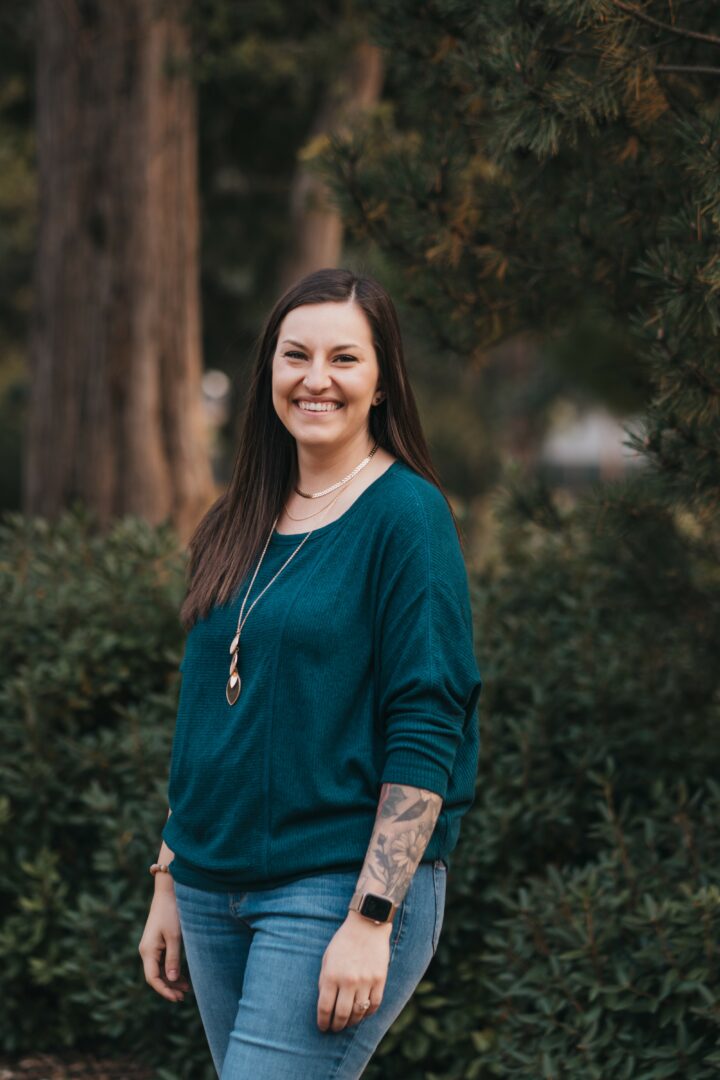
Looking back, what do you think were the three qualities, skills, or areas of knowledge that were most impactful in your journey? What advice do you have for folks who are early in their journey in terms of how they can best develop or improve on these?
Looking back, I’d say the three qualities that have had the biggest impact on my journey are self-reflection, collaboration, and intentional growth.
1. Self-reflection:
As a therapist and business owner, I’ve learned that the willingness to pause and really evaluate what’s working (and what isn’t) is essential. Whether it’s clinical work, leadership, or practice operations, taking time to reflect helps me stay grounded in my values and make decisions that align with them. For those early in their journey, I’d say make reflection a regular practice, not just something you do when things feel off. It helps you stay centered and intentional as you grow.
2. Collaboration:
Some of my biggest professional turning points have come from connecting with colleagues, consulting, and sharing knowledge. Collaboration not only sharpens your clinical and professional skills, but it also reminds you that you’re not meant to do this work alone. For new therapists or entrepreneurs, I’d encourage you to actively seek out consultation and community. It is one of the most effective ways to build confidence and clarity.
3. Intentional Growth:
It’s easy to get caught up in doing “all the things,” especially early on. But I’ve found that sustainable success comes from growing with purpose. That means getting clear about your areas of passion, investing in high-quality training, and expanding your skills thoughtfully over time. My advice is to resist the pressure to do everything at once. Focus on depth before breadth. The rest will follow naturally.
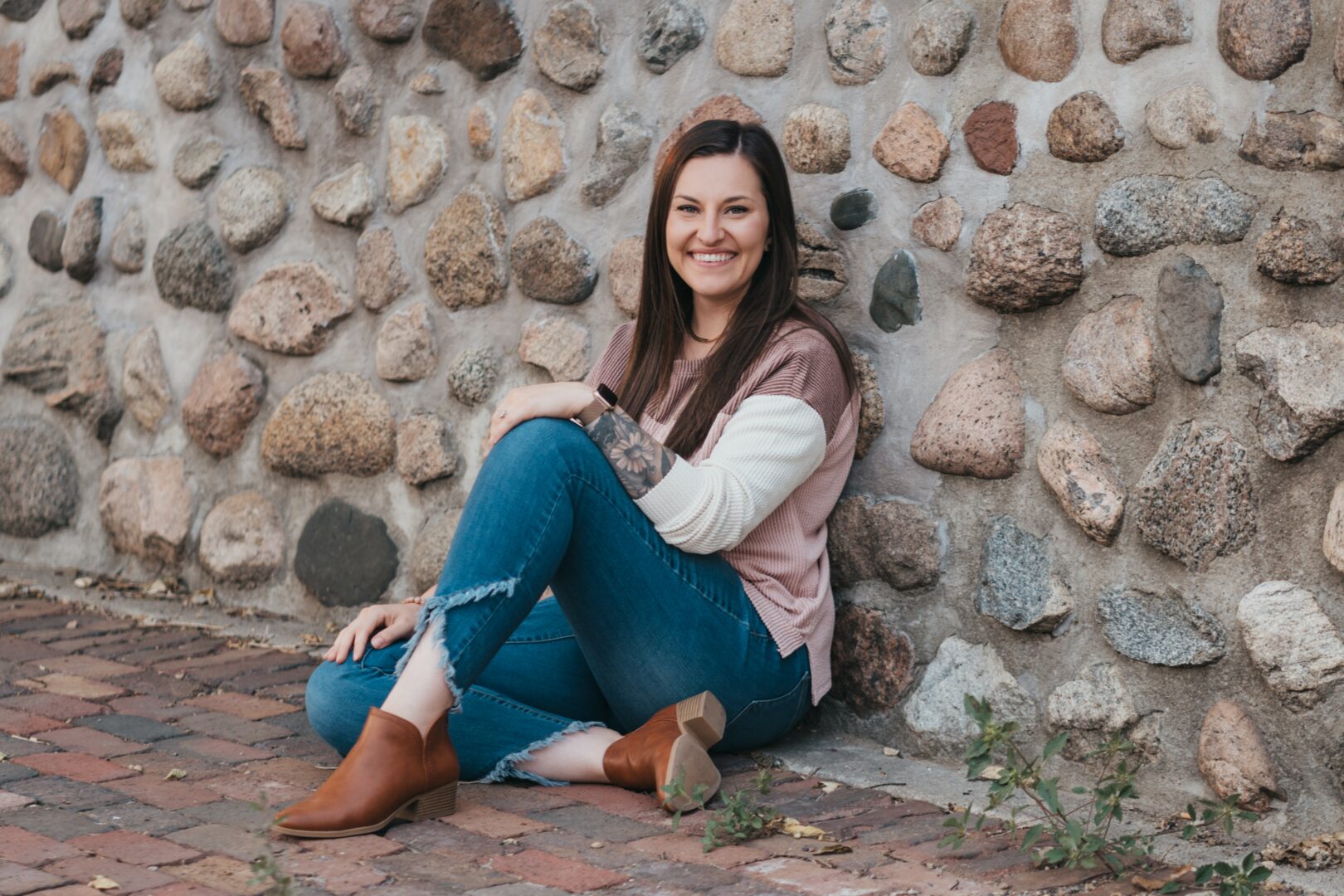
What do you do when you feel overwhelmed? Any advice or strategies?
When I start to feel overwhelmed, the first thing I try to do is pause and check in with myself instead of pushing through on autopilot. I’ve learned that slowing down long enough to notice what’s happening (physically, mentally, and emotionally) helps me figure out what I actually need in that moment. Sometimes that means stepping outside for a few minutes, taking a few deep breaths, or just acknowledging, “This feels like a lot right now.”
I also try to come back to what’s in my control. Breaking things down into smaller, manageable steps helps the big picture feel less daunting. I’ve found that even doing one small thing well can build momentum and ease that sense of overload.
Community support is another big piece for me. Whether it’s a quick check-in with a colleague, talking something through in consultation, or just connecting with people who understand this work, I’ve found that reaching out helps me feel grounded again.
My advice for anyone who feels overwhelmed, especially in helping professions, is to remember that rest and regulation aren’t luxuries. Instead, they’re necessities. I know it is super cliche, but you can’t pour from an empty cup. Learning to pause, delegate, and care for yourself as intentionally as you care for others is one of the best ways to sustain both your wellbeing and your effectiveness in the long run.
Contact Info:
- Website: https://www.cedarandivycounseling.org
- Facebook: https://www.facebook.com/cedarandivycounseling/
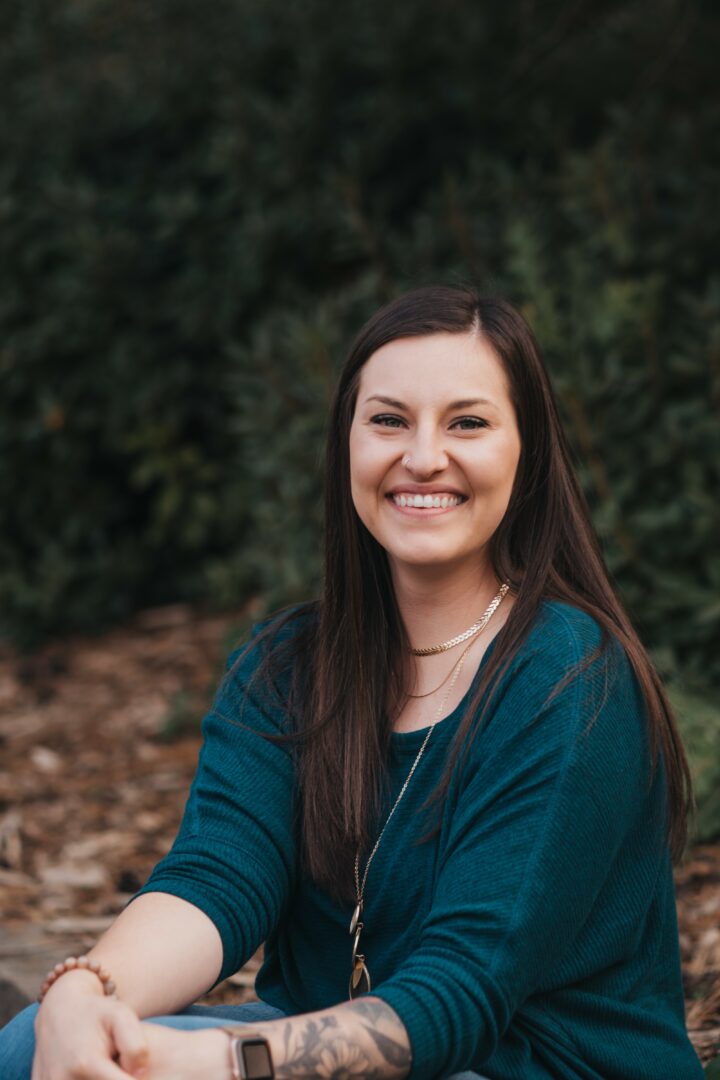
so if you or someone you know deserves recognition please let us know here.

